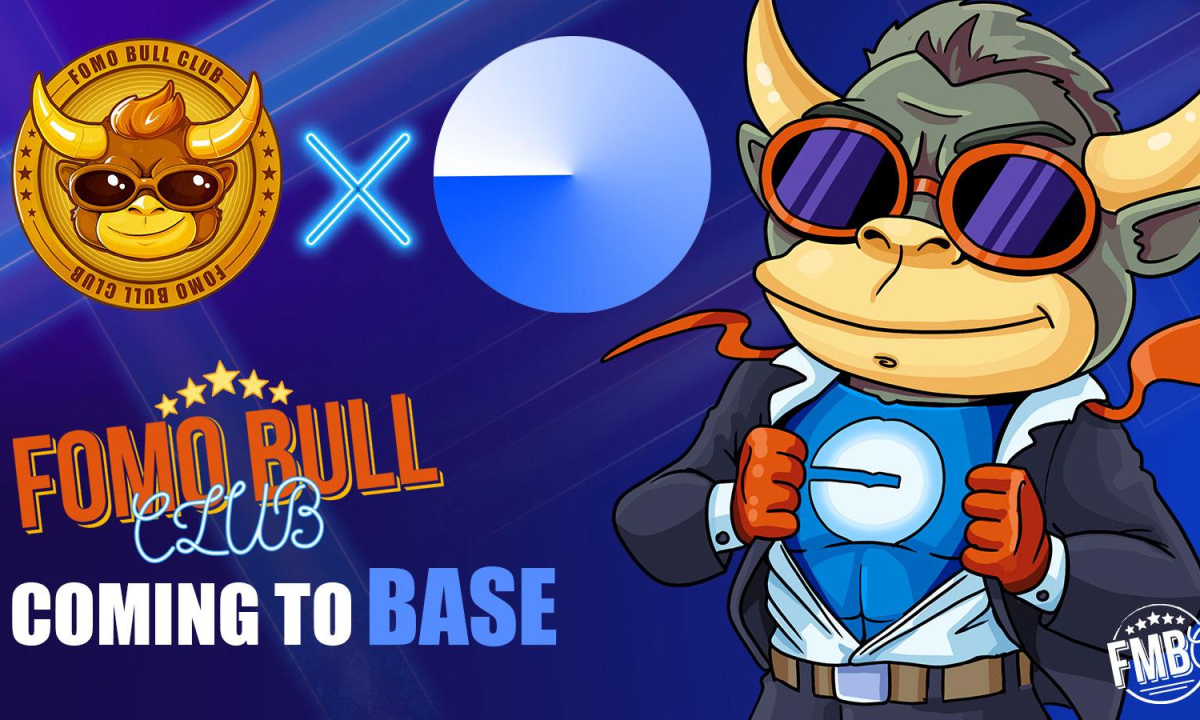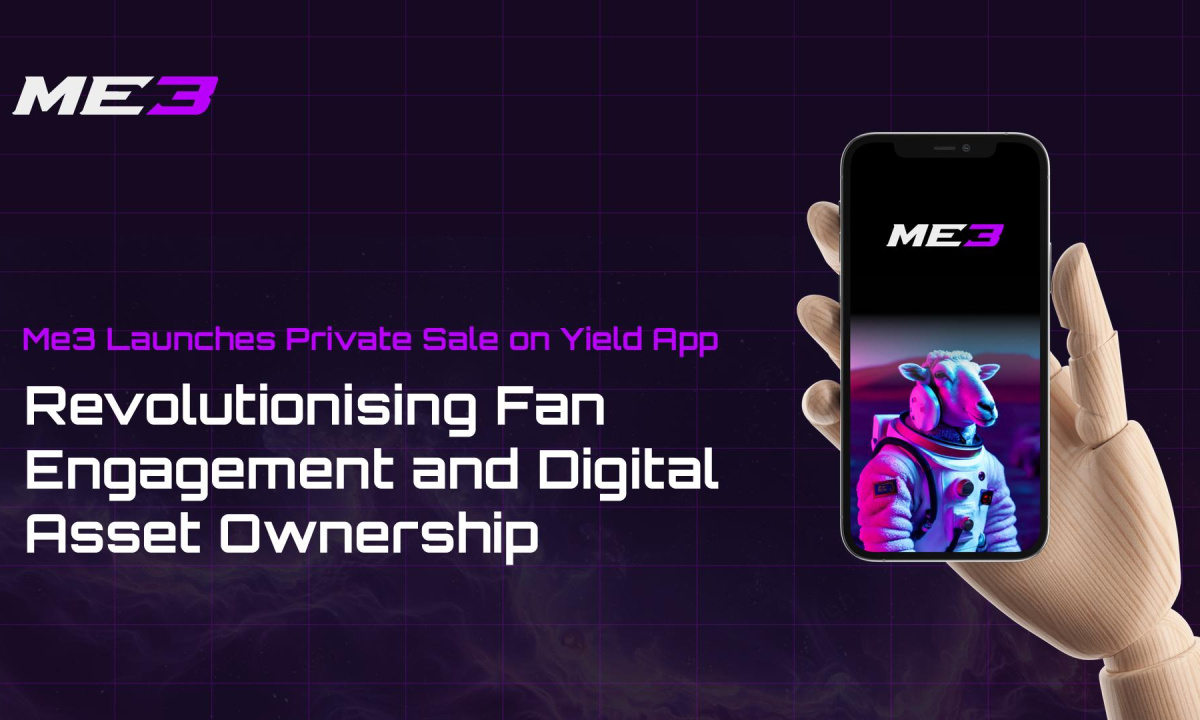Table of Contents
- Evolving Problems
- Can Blockchain Solve the Problems of Loyalty Programs?
- Restaurant and Food Service
- Retail Applications
- Blockchain-Based Loyalty Programs Offer More Value to Everyone

Image source: akaNRG,
Loyalty programs have come a long way since their first iterations.
The idea started all the way back in the 18th century when retailers would issue customers with copper tokens that were redeemable against future purchases. Companies quickly realized that metal tokens were expensive to manufacture, and so the practice evolved into issuing stamps and coupons.
These days, many brands have some kind of loyalty program — think Amazon Prime, Starbucks Rewards or the Starwood Preferred Guest schemes. The fundamental idea hasn’t changed much over time.
However, practices have evolved to incorporate mobile apps and card-based systems. Either of these allows brands the valuable additional benefit of tracking customer spending habits, generating data which feeds into future marketing campaigns.
Evolving Problems
While loyalty programs have evolved to become more commonplace, they have also become burdensome for customers and businesses alike.
For customers, they must somehow keep track of multiple apps, logins, physical cards and different points balances, which can be overwhelming. One study showed that most customers max out at five loyalty programs.
Brands often send out promotions, some of which may be as good as useless to large segments of their customer base. Consider an example of an airline offering discounted last-minute flights during late September, aiming to fill up seats during a traditionally quiet period. This offer is useless to parents who can’t take their kids out of school until the next holiday season.
Issues like these lead to low activity on the loyalty account, as customers can’t keep up with their various programs and therefore don’t redeem their rewards. For the brand, they are unable to realize the full benefit of the scheme if the customer doesn’t value the awards and promotions on offer. Besides, the programs can be costly to run from an administrative perspective.
Can Blockchain Solve the Problems of Loyalty Programs?
Deloitte certainly thinks so. The consulting firm issued a report back in 2016, explaining how a decentralized ledger could solve many of the issues associated with customer loyalty programs.
The report outlines how blockchain could reduce the administration costs of running loyalty programs, most notably through shared infrastructure. By logging customer data on a single blockchain, each participating brand can focus resources on targeted marketing campaigns and promotions that bring value to that customer segment, rather than on the effort of collecting and analyzing customer data itself. 
Image source: webalive
Customers will benefit from accruing one set of points that they could then spend across all brands participating in the same loyalty program infrastructure. This can be accessed from a single interface like a smartphone app, making the customer experience much simpler and more attractive to use.
Some big-name brands have already started experimenting with blockchain-based reward programs. American Express announced earlier this year it would be integrating Hyperledger to allow merchants to create customized reward programs. Similarly, Singapore Airlines has now rolled out a blockchain wallet for users of its KrisFlyer airmails scheme.
Individual corporate initiatives don’t maximize the single infrastructure benefits outlined by Deloitte. For this reason, blockchain startups now also have their eyes on the market for loyalty programs, with a number of them having recently launched blockchain platforms targeting use by multiple brands in different sectors.
Restaurant and Food Service
Resto is one such example. The company is building a platform targeted at integrating the loyalty programs across the restaurant and food service industry.
Although food service across the globe has brands like Pizza Hut or McDonald's that are globally recognized, the sector also features a vast number of single-unit operators who wouldn’t typically have access to any kind of sophisticated technology-based rewards platform.
Using Resto, even the smallest food service operator like a truck or street food stand can sign up for the program and specify the percentage of a customer check to be allocated as 
Image source: Resto
rewards. Customers can then redeem their awards at any other participating Resto outlet using a single user interface. Because the Resto token operates similarly to a cryptocurrency, customers can even exchange their rewards back to fiat currency if they wish.
Participating restaurants also get access to the entire Resto customer database, enabling them to issue targeted promotions to customers that are in their geographical vicinity and have dining preferences that match the outlet.
Retail Applications
While Resto sees the benefits of targeting a single sector to unite a large number of SMEs, other projects are taking a more broad-brush approach.
Incent is a universal loyalty program, aiming to bring in brands from a variety of retail sectors including fashion, home improvement, electrical and health and beauty. Incent is developed on the Waves platform and has signed up brands including Sephora since its launch last year. The company ensures a fixed supply of tokens, which it says creates value through scarcity.
Universal Reward Protocol is operating a similar scheme. The French company has already signed up big-name brands in its home country including supermarket chain Carrefour, and department store Galeries Lafayette.
Like Incent and Resto, Universal Reward Protocol allows customers to accumulate their rewards from different brands into a single wallet, which they can then redeem at other participating outlets.
"So it really seems that cryptocurrency will become soon part of our daily shopping, both online and in a shop. Indeed, many new opportunity come up every day for cryptocurrency holders who want to spend their Bitcoin on their daily needs. On cryptimi.com you can find an updated list of all the available services which you can buy with bitcoin. The list is constantly updated so we recommend you to visit it regularly in order to stay updated with the last entries."
Blockchain-Based Loyalty Programs Offer More Value to Everyone
Loyalty programs have become a victim of their own success. This has happened due to their evolution within single companies, creating complexity for the customers they are supposedly designed to retain.
Blockchain provides a shared infrastructure and enables a single user interface, removing the headache of loyalty programs for customers. Therefore, if customers turn to blockchain loyalty platforms, even the most prominent brands operating successful loyalty systems may find themselves drawn to blockchain as a way of keeping their customers.
Investment Disclaimer







